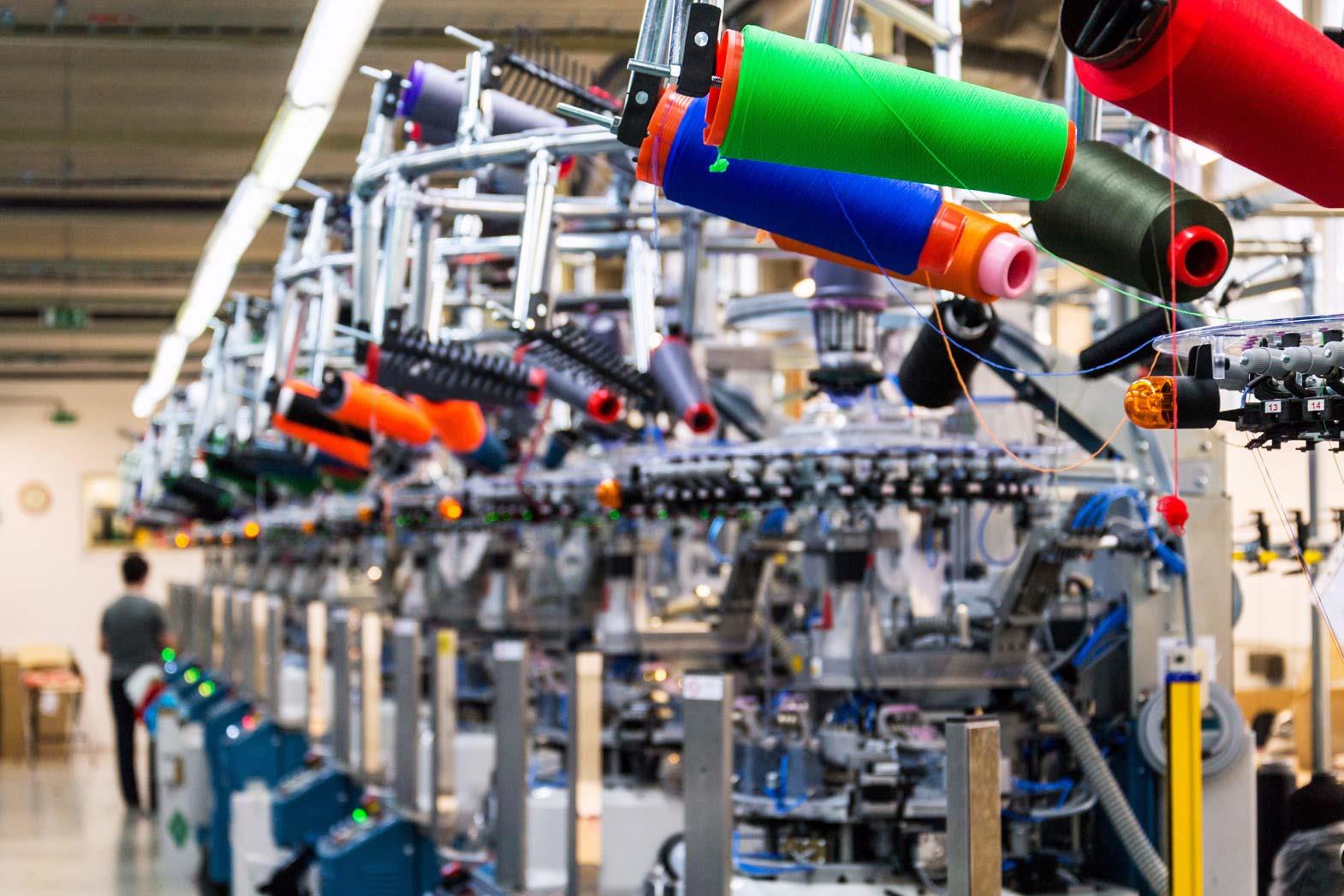The Reserve Bank of India (RBI) has instructed banks to evaluate textile debt restructuring on a case-by-case basis, with the debt restructuring process set to commence in the first week of August.
The textile industry is anticipating that a two-year moratorium on the repayment of the principal amount for term loans will provide the necessary liquidity to help them fulfill export orders. This comes at a time when the US market is displaying sluggish signs of recovery.
D.K. Nair, the Secretary-General of the Confederation of Indian Textile Industry, mentioned that they have received around 290 cases from various sectors within the industry. In addition to the moratorium on interest payments, the eroded working capital of these units will be converted into working capital term loans for a duration of three to five years. These cases will be submitted to the finance ministry. This debt restructuring is seen as a timely measure, considering the signs of recovery in the US market, as it will provide textile mills with the necessary cash to purchase raw materials.
The textile industry comprises approximately 5,000 units in spinning, weaving, and processing sectors and employs nearly 35 million people. Spinning mills are primarily concentrated in Tamil Nadu, Andhra Pradesh, Punjab, Rajasthan, and Madhya Pradesh, while weaving units are located in Maharashtra, Tamil Nadu, and Madhya Pradesh.
The apparel industry will also benefit from this debt restructuring exercise though indirectly. There are 30,000 apparel manufacturing units in the country in small, medium and large sectors.
Gautam Nair, executive committee member of Apparel Export Promotion Council (AEPC) said: "China's labour cost is increasing and therefore buyers of Chinese textile garments are not finding it competitive to source from the country.
With a little push from the government, India can become one of the biggest destinations for buyers. India is likely to sign an FTA with Europe in October which will open a new avenue for exports. If debt restructuring takes place, the textile industry will be in a much comfortable position to service overseas orders."
This article was originally published in the Economic times dated 24th July, 2012, written by Sutanuka Ghosal, associated with the Economic Times Bureau, Kolkata.








Comments